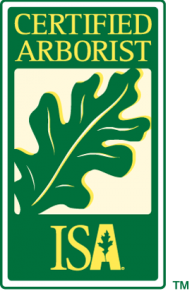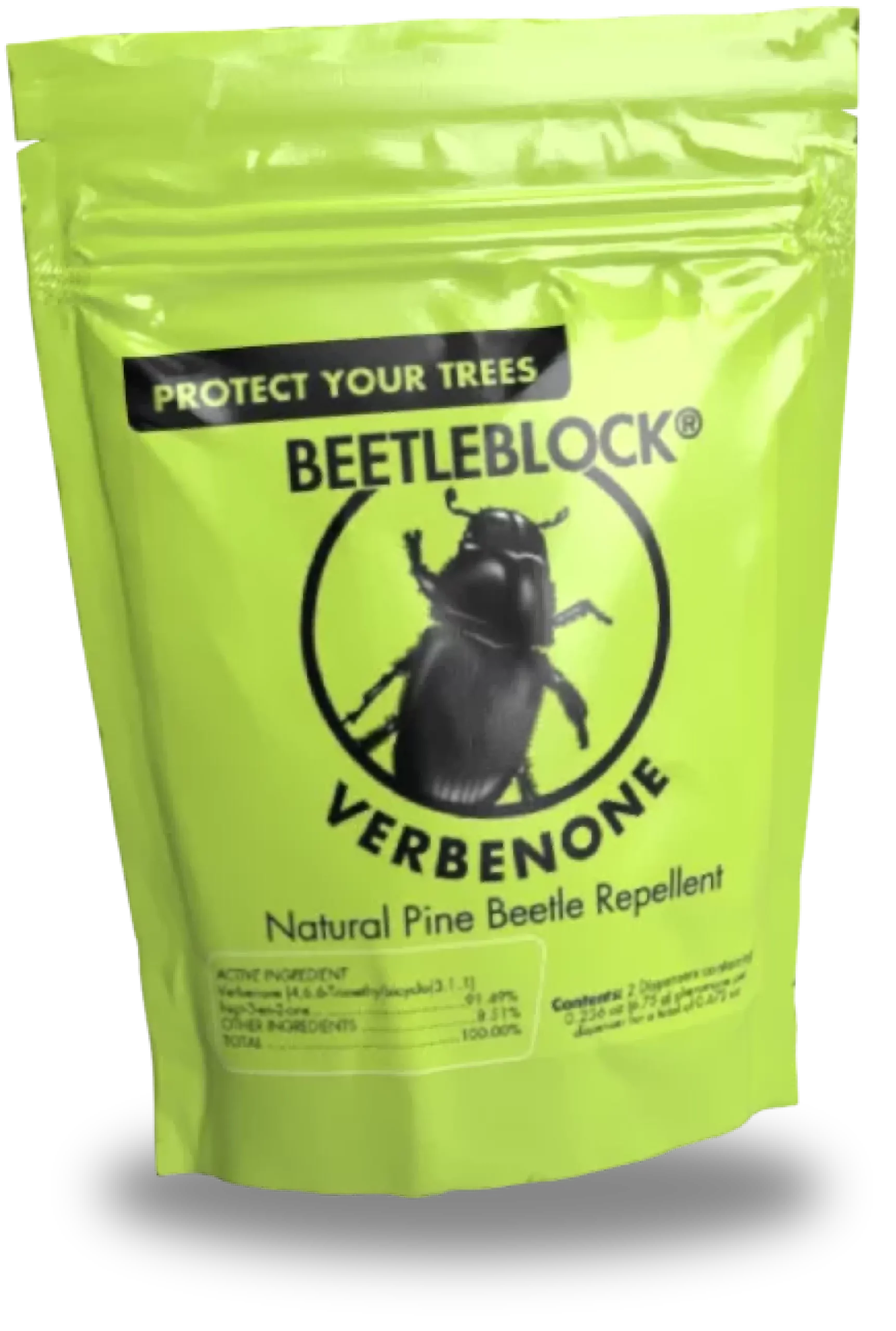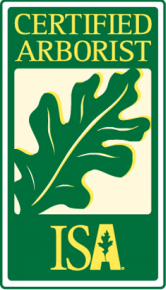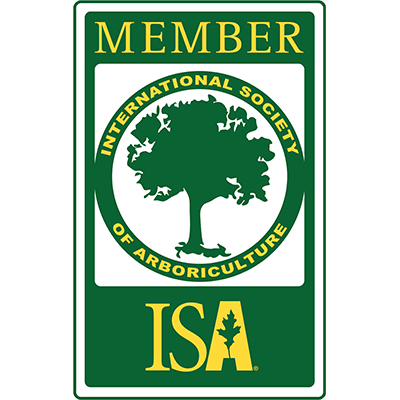Below we highlight some common insects and diseases:
Ips Beetles
by W. Cranshaw and D.A. Leatherman1
Quick Facts…
Ips is a common group of bark beetles that infests pine and spruce trees.
Ips beetles rarely attack healthy trees. Most problems with ips occur to newly transplanted pines or when plants are under stress. Several generations of ips can occur in a season. There are 11 species of ips beetles found in Colorado.
Ips beetles, sometimes known as “engraver beetles,” are bark beetles that damage pine and spruce trees. They develop under the bark and produce girdling tunnels that can cause dieback and kill trees. Eleven species of ips beetles occur in Colorado (see Table 1 below).
Ips beetles are generally not considered as destructive or aggressive as bark beetles in the genus Dendroctonus (mountain pine beetle, spruce beetle, Douglas-fir beetle). Normally ips beetles limit their attacks to trees that are in decline due to root injuries, wounding, or other stresses. However, under
http://www.ext.colostate.edu/pubs/insect/05558.html
Scale Insects Affecting Conifers
by W.S. Cranshaw
Quick Facts…
Several species of scale insects develop on conifers in Colorado. pine needle scale and striped pine scale are particularly damaging.
The most vulnerable stage of the scale insect’s life cycle is the crawler stage, an active unarmored stage that occurs after egg hatch.
If insecticide applications are made for control, proper timing is important in their success.
Scales are some of the most important insect pests affecting conifer trees and shrubs in Colorado. As scales feed on bark and needles, they remove sap and may damage cells. This can lead to decreased vigor, needle drop and dieback, and increased susceptibility to other insects or disease. Some scales also excrete sticky honeydew, which further detracts from plant appearance and attracts nuisance bees and wasps.
There are several important scale insect pests in urban Colorado. pine needle scale has long been the most damaging species. However, the striped pine and pine tortoise scales have also become pests along much of the Front Range. Several additional species are of minor or occasional importance to pines and spruce.
http://www.ext.colostate.edu/pubs/insect/05514.html
http://www.ext.colostate.edu/pubs/pubs.html#insects
 Alpine Tree Services offers quality service, always clean up the job site and are fully insured. We also are dedicated to implementing green practices wherever possible and limit the impact on the undergrowth.
Alpine Tree Services offers quality service, always clean up the job site and are fully insured. We also are dedicated to implementing green practices wherever possible and limit the impact on the undergrowth. 

